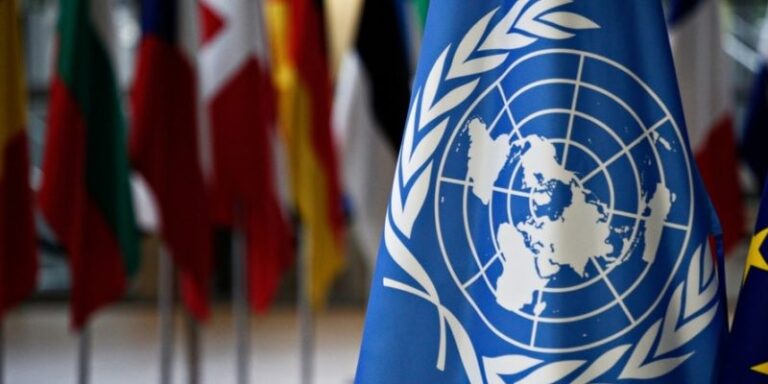The study detailed that as many as 937,000 messages were identified in 2022, so it accounted for a rising 50%.
According to Felipe Alpízar Rodríguez, political scientist and Vice Rector of Teaching at UCR, the figure are a wake-up call about polarization and tone of public discussion, and are also an opportunity to reaffirm the University’s commitment and capacity to create alliances with external actors for well-being and a more just society.
The UN study also found that the percentage of users issuing speeches increased by 62% and that the most aggressive and violent messages increased by 7% in 2022.
Men are major sms senders, but the number of women emitting hate speech and discrimination have surged by 5% since 2021.
The research allowed to define that the issues that collect hate speech and discrimination the most are: politics and national reality (480,000), xenophobia (236,000), gender (214,000), sexual orientation (178,000), generational clash (143,000), racism (96,000), religion (36,000), disability (22,000).
The United Nations expressed deep concern about the growth of xenophobic messages (up 110%), against women (up 72%) and LGBTQ+ community (up 24%).
pll/arm/rgh/al









